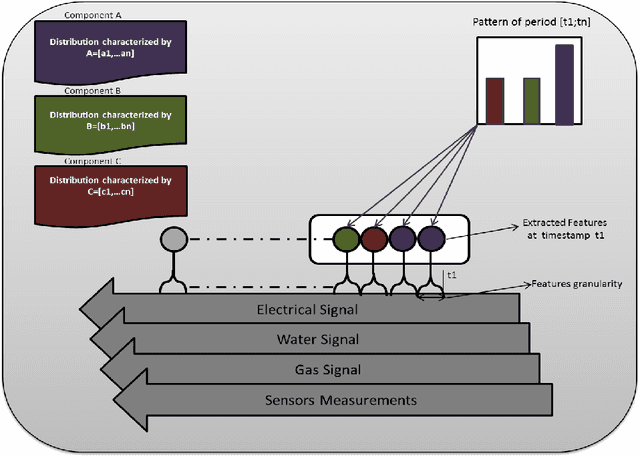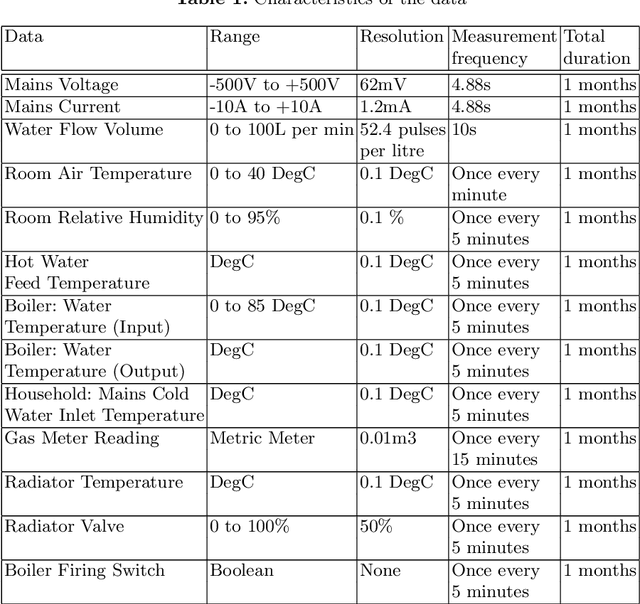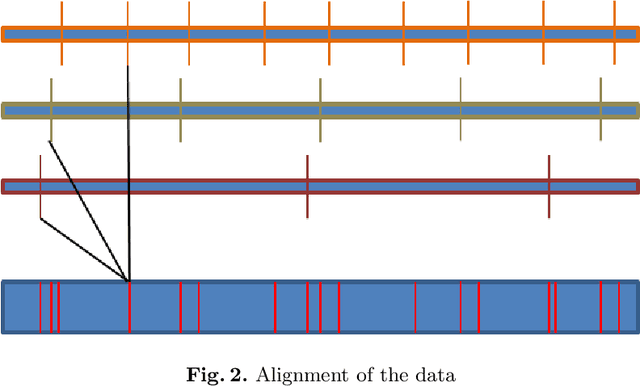Online Gaussian LDA for Unsupervised Pattern Mining from Utility Usage Data
Paper and Code
Oct 25, 2019



Non-intrusive load monitoring (NILM) aims at separating a whole-home energy signal into its appliance components. Such method can be harnessed to provide various services to better manage and control energy consumption (optimal planning and saving). NILM has been traditionally approached from signal processing and electrical engineering perspectives. Recently, machine learning has started to play an important role in NILM. While most work has focused on supervised algorithms, unsupervised approaches can be more interesting and of practical use in real case scenarios. Specifically, they do not require labelled training data to be acquired from individual appliances and the algorithm can be deployed to operate on the measured aggregate data directly. In this paper, we propose a fully unsupervised NILM framework based on Bayesian hierarchical mixture models. In particular, we develop a new method based on Gaussian Latent Dirichlet Allocation (GLDA) in order to extract global components that summarise the energy signal. These components provide a representation of the consumption patterns. Designed to cope with big data, our algorithm, unlike existing NILM ones, does not focus on appliance recognition. To handle this massive data, GLDA works online. Another novelty of this work compared to the existing NILM is that the data involves different utilities (e.g, electricity, water and gas) as well as some sensors measurements. Finally, we propose different evaluation methods to analyse the results which show that our algorithm finds useful patterns.
 Add to Chrome
Add to Chrome Add to Firefox
Add to Firefox Add to Edge
Add to Edge